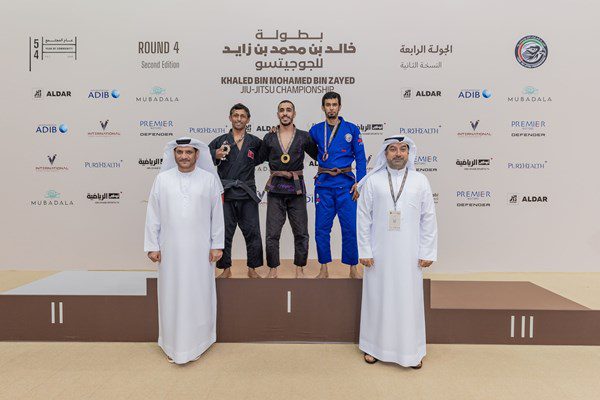Saudi Arabia Boosts Education Sector Through Investments and Partnerships

Riyadh, September 10, 2025, — Saudi Arabia’s Ministry of Education is forging ahead with a far-reaching overhaul of the education system through massive investments and private sector collaborations designed to modernise schools, enhance governance, and develop a secure, inspiring, and sophisticated learning environment. The ministry has focused on becoming more efficient by empowering the schools, supporting teachers, and outsourcing operations, maintenance, and quality management to the Tatweer Education Holding Company, which is at the heart of this nationwide development strategy.
A part of Saudi Arabia’s privatization program, this year 120 new schools have been inaugurated under a private-sector partnership programme, and 199 foreign investment permits have been granted over the past year to international education companies that want to establish themselves in the Saudi market. The ministry has also assisted 1,069 newly established private schools, enhanced the construction activities with 75 new projects of SAR920 million, and implemented large-scale maintenance for more than 15,000 school buildings at the cost of more than SAR2 billion. More than 1,400 school buildings have also been provided with renovation and rehabilitation works totaling SAR782 million.
These investments are also stimulating innovative education models across the Kingdom. With the assistance of the private sector, modern schools have been opened for unique talents and disciplines by the ministry. The first school of the gifted, in collaboration with Tuwaiq Academy, has been duplicated within five educational departments already. The first sports school was established in collaboration with the Ministry of Sport and Mahd Sports Academy, and two cultural talent schools were opened in Riyadh and Jeddah in collaboration with the Ministry of Culture. These moves reflect the ministry’s efforts towards building a diversified and specialized learning system that supports creativity, talents, and innovation.
Technology is also becoming one of the pillars in this regard. The ministry is launching forward-looking programs such as “future schools,” the Madrasti digital school platform, and the Human Capability Development Program, all aimed at preparing students for the needs of the digital age. Among the key innovations is the Cravta interactive platform providing intelligent teaching tools, individualized learning paths for the students, and converting classrooms into living spaces where artificial intelligence and human imagination meet. This convergence is helping to transform education from a dull instruction to an interactive and futuristic experience in line with Vision 2030 objectives.
Initiatives in the private sector are also enhancing the profession. Fahad Alsuwigh, one of the founders of the “B6lapp” learning app, has developed a system that rewards students with points for good behavior and academic achievement. These rewards can be traded for virtual cards on over 600 brands, giving the learner a rewarding and motivational element to learning. The system is also employed as a secure means of communication between teachers and parents, enabling them to track student assignments and behavior without the inconvenience of jumping between systems.
Saudi universities are also at the forefront of this revolution through making international alliances, hiring foreign expertise, and fostering innovation. Imam Muhammad ibn Saud Islamic University, for example, has just acquired 34 patents in diverse fields from human health to energy and sustainability. These achievements showcase the way higher education is being turned into a soft power tool that enhances the Kingdom’s global image while propelling the country toward a knowledge-based economy.
With these radical reforms, investments, and innovations, the Kingdom’s education system is sowing the seeds for an age when schools and universities become not only institutions of learning but also hubs of innovation, cross-cultural exchange, and diversification of the economy. From classrooms enabled by digital technology to cutting-edge research at universities, Saudi Arabia is revolutionizing its education sector in line with Vision 2030 so that knowledge, creativity, and ambition will drive the future growth of the nation.


